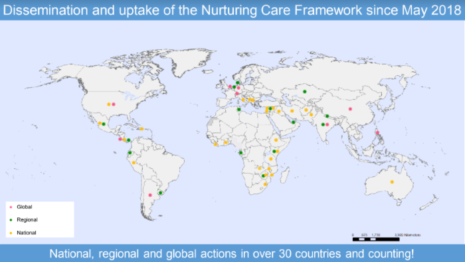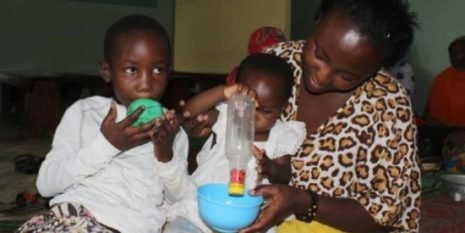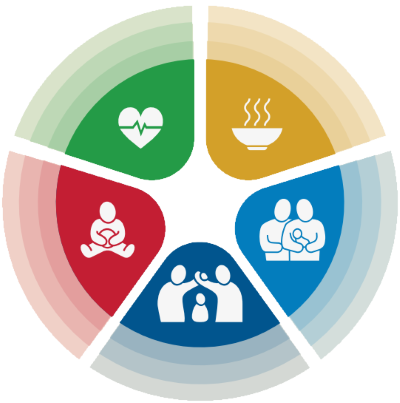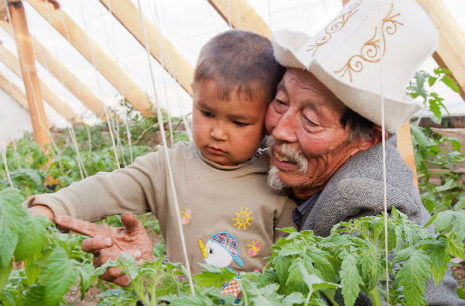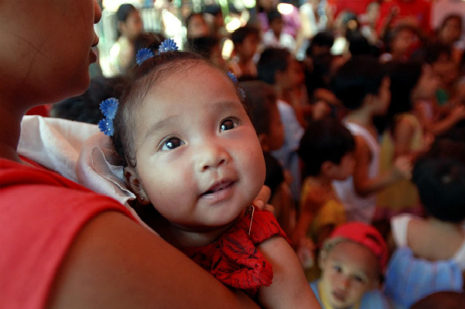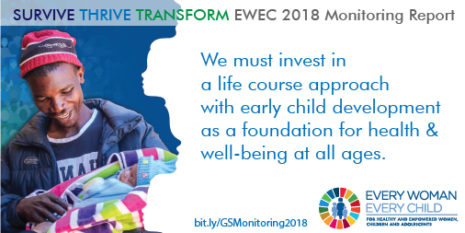Operationalizing nurturing care for early childhood development: The health sector alongside other sectors and actors
This guidance note aims to catalyse country-level dialogue and action around health service delivery and systems strengthening, while also outlining complementary actions by other sectors. It is the first in a series to help with operationalization of the Nurturing Care Framework.Read More →




